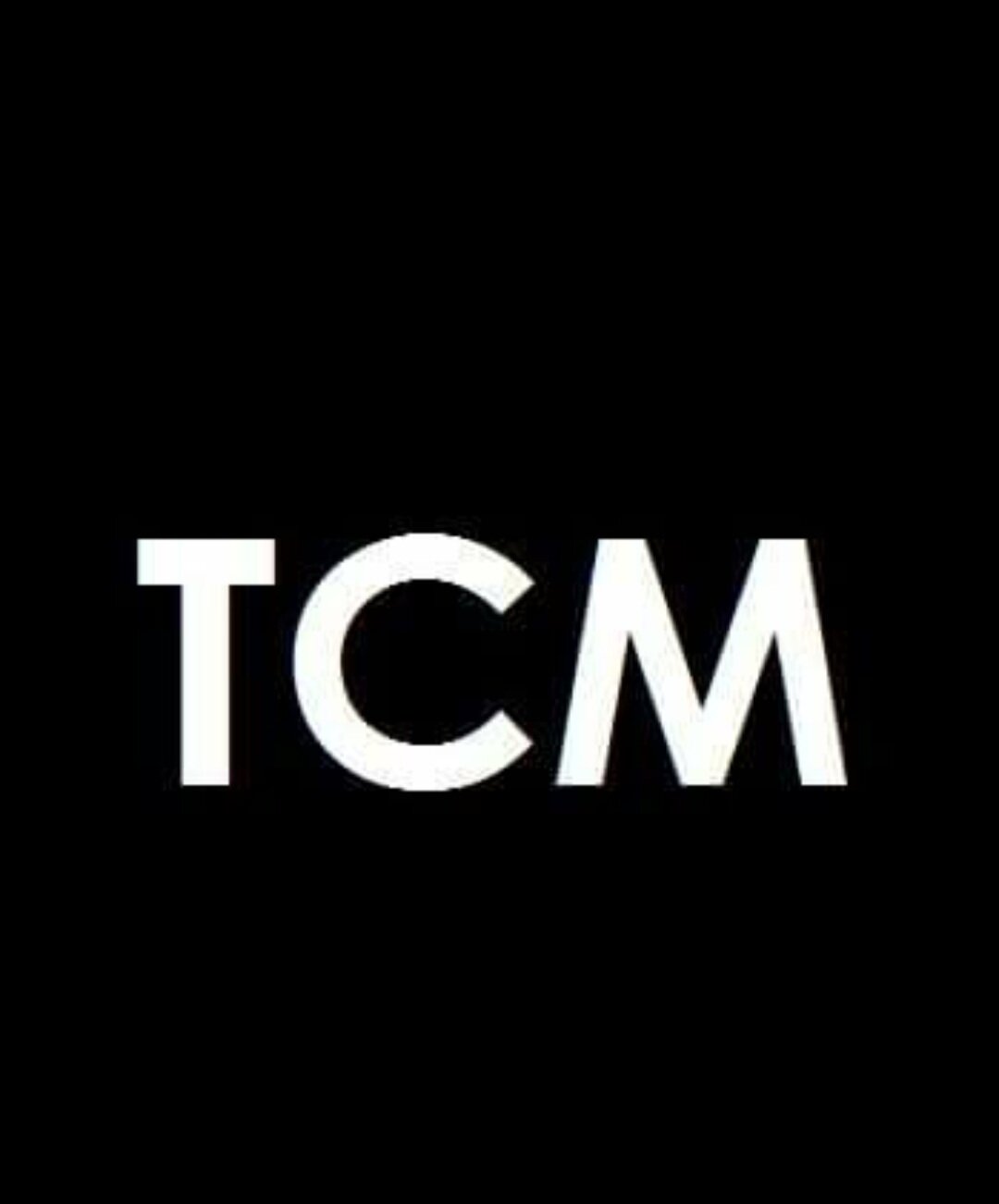Kim's Convenience - Theatre Review
/By: Angela Guardiani
If you haven't guessed by the last name on my byline, I come from an immigrant family.
It's nothing unusual in Toronto, of course. I think the majority of kids in my elementary and even high schools were first- or second-generation Canadian. It wasn't until I was in university that I got an inkling that maybe everyone's family wasn't quite like mine, that I and other children of newcomers carried different identities and stories with us. The TV series Kim's Convenience tells the story of just such an immigrant family and their hilarious, sometimes campy, often profoundly truthful lived experiences. I really got into Kim's this fall. I wasn't expecting to, but the show won me over with its slow build, its gradually unfolding story of family relationships and everyday milestones. When I found that Soulpepper was staging a revival of the original Kim's Convenience, Ins Choi's one-act dramedy, I jumped at the chance to see it.
So how does the play compare to the TV series? It's an interesting counterpoint, the same and not the same. The play has a darker, more dramatic slant than the sunny TV show but the humour and the strong sense of place are unchanged. It's a very Toronto piece of theatre and well worth seeing.
Kim's Convenience (I'll be referring to the play exclusively from here on in) shows a single day in the life of the Kim family and their corner store. There's only one set and it is viscerally familiar; I've been in dozens of these stores, buying candy at one in the morning (don't judge) or milk for my morning coffee. From the bags of Crispers to the cigarette prices, the stage looks so real that you could step up on it and grab yourself a snack. And the family that populates the set is familiar, too. There's Appa, the astute and stubborn patriarch and his daughter Janet, hardworking, single, and equally strong-willed. There's Jung, the estranged ex-con son, and Umma, the patient, observant mother. You don't need to be Korean or even the child of immigrants to recognize something of yourself or someone you know in the dynamics between these characters. The way Janet is exasperated but deeply connected to Appa, the way Umma sees her family clearly, without rose-coloured glasses – it's simply human.
“Appa” and “Umma” are Korean for “Dad” and “Mom.” We never learn Mr. and Mrs. Kim's first names, and we don't need to. In Korean culture, it's both respectful and affectionate to refer to someone by their title, like “big sister,” or “older brother.” In contrast, their adult children are credited by their given names. It's one of several reminders that this family has connections to more than one culture and identity. Appa and Umma speak to each other in Korean, but to Janet and Jung in English. And Jung's infant son has a Tibetan mother and a Tibetan name. The family evolves.
All the actors do a fine job, balancing comedy and pathos, but Paul Sun-Hyung Lee's Appa is the center around which this play revolves. There's a lot of language jokes in Mr. Kim's idiosyncratic English but his accent is not caricature. In fact, Paul Sun-Hyung Lee has said that Appa's voice, only slightly altered for the stage, is his own father's way of speaking. It's representative of what really struck me about this play, and what I really liked about it; how the play is both stylized and very, very real. The neat plot, the perfect framing device of a single day, the tidy resolution of Janet's love life are all common dramatic conventions (and slightly hokey ones at that). But the feelings and the relationships and the people are messy and familiar.
In the end, Kim's Convenience is about what we choose to keep and what we choose to let go of. It's about what remains and what falls away, what endures and what is ephemeral. It's a heartfelt message in a fluffy sweet cocoon, like the filling in the middle of the Joe Louis cakes I furtively bought as a preteen (my parents were very opposed to snack cakes.)
As Appa would say, “OK, see you, bye!”
Kim's Convenience, by Ins Choi, plays until March 8th at the Young Centre for the Performing Arts, 50 Tankhouse Lane. Tickets are $32 – $96 and are available at youngcentre.ca.
Photos by Cylla von Tiedemann.



